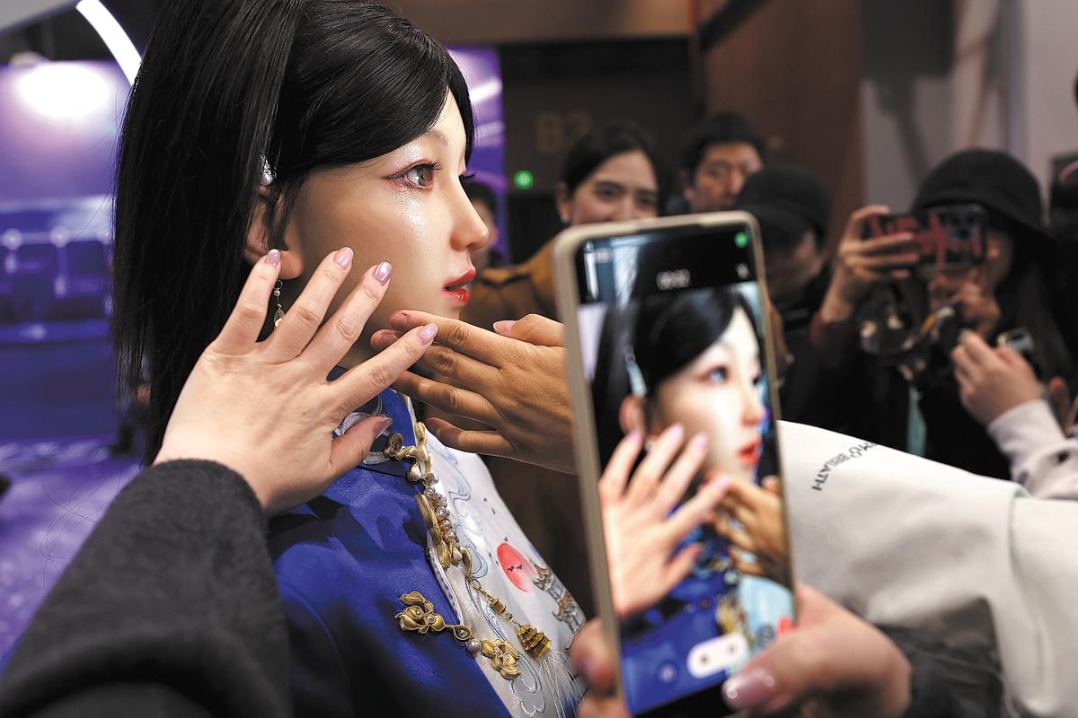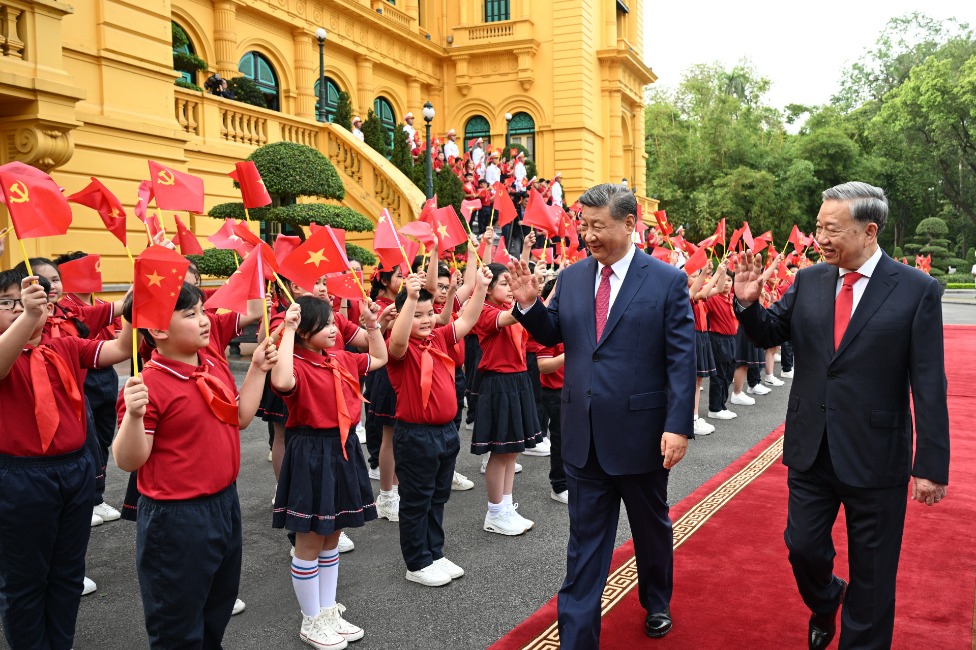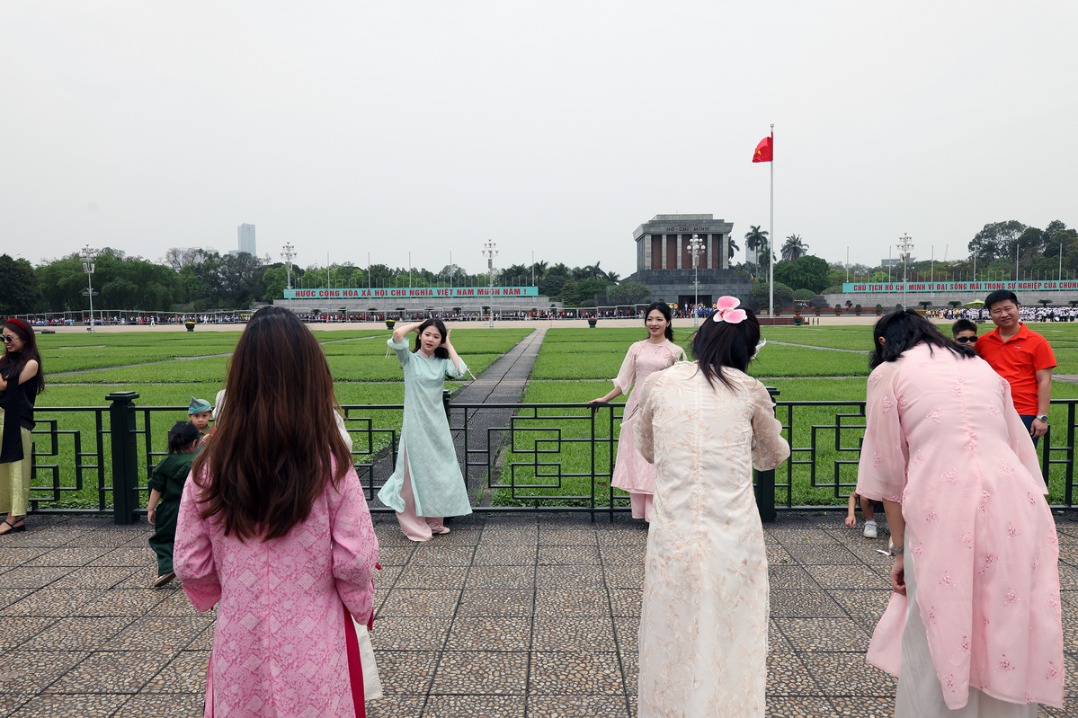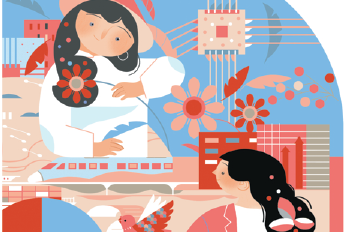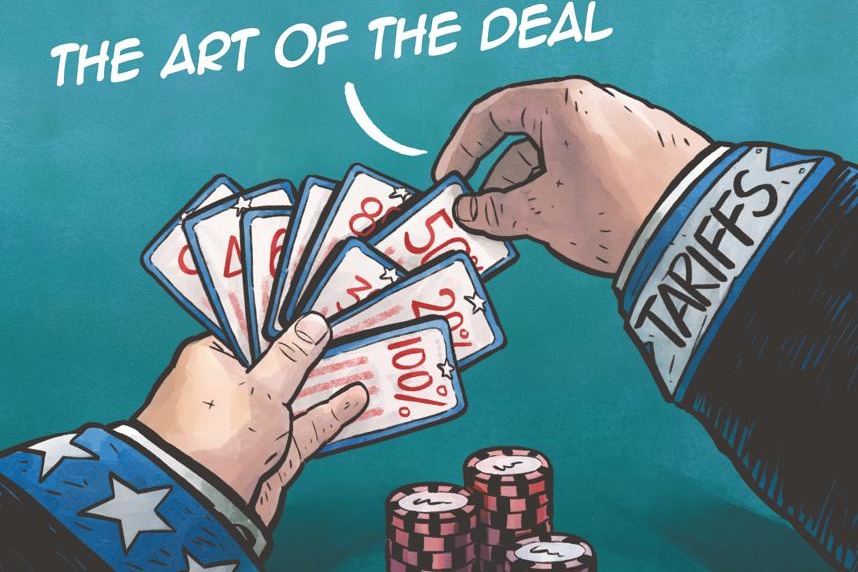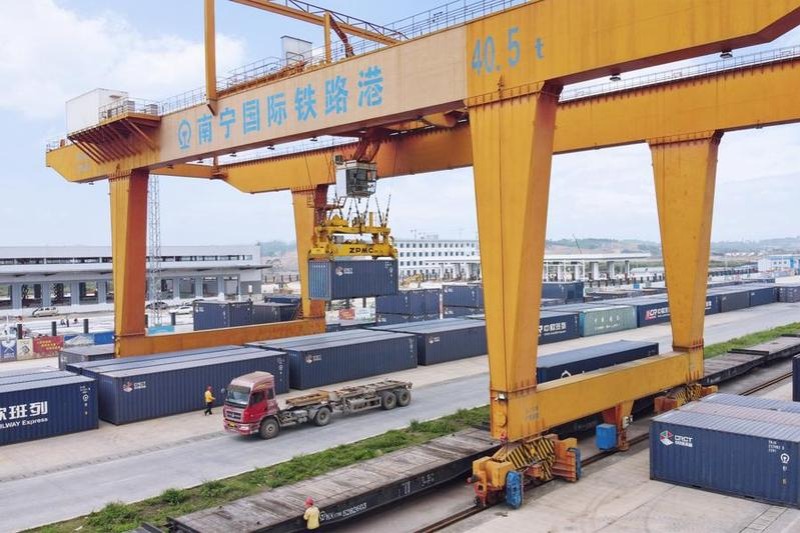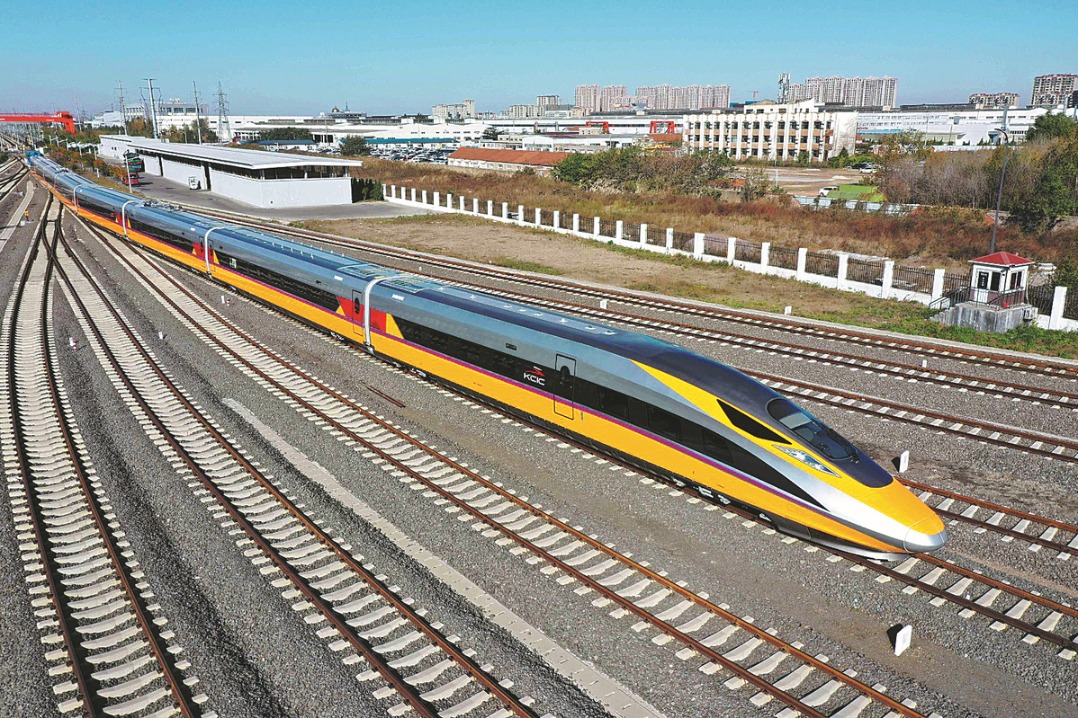Media partnership in the footsteps of Belt and Road Initiative


In January 2016, Beijing issued a document entitled "China's Policy Toward the Arab Countries" in an attempt to crystallize the most prominent principles and main elements of its foreign policy toward the Arab world.
Arab-Chinese relations are deeply rooted in time and are in great harmony due to the existence of land and sea communication channels spanning more than two thousand years and common ground between the values and ethics in Arab and Chinese cultures as well as the positive images each side has of the other.
The curricula at various stages of education in China have until recently focused on the image of "Arab Uncle" in a clear reference to the depth and strength of relations with the Arab world. The principal image of China in the Arab mind is grandeur, diligence, perseverance and skill.
The "China's Policy Toward the Arab Countries" emphasizes five principles of foreign policy toward the Arab nations: mutual respect for sovereignty and territorial integrity, non-aggression, non-interference in the internal affairs of countries, equality and mutual benefit, peaceful coexistence and China’s support for the Palestine issue and the right of the Palestinian people to establish a fully sovereign state with East Jerusalem as its capital, by returning to the pre-1967 borders.
Moreover, the UAE-China relations provide a clear example of the depth of the relationship between China and Arab countries, especially in the context of a qualitative leap following Beijing's launch of the Belt and Road Initiative, which opened a new chapter in UAE-China cooperation.
The UAE-China relations have now become a strategic partnership to develop even greater opportunities for coordination and cooperation aimed at creating mutual benefit for both sides.
Following the establishment of diplomatic and consular relations between the UAE and China in November 1984, the UAE opened its embassy in Beijing on March 19, 1987, and opened three consulates in Hong Kong, Shanghai and Guanzhou in 2000, 2009 and 2016, respectively.
China opened its embassy in Abu Dhabi in April 1985 and its consulate in Dubai in November 1988. The official visits to China in 2008 by Sheikh Mohammed bin Rashid Al Maktoum, vice-president and prime minister of the UAE and ruler of Dubai, and in 2009 by Sheikh Mohamed bin Zayed Al Nahyan, deputy supreme commander of the UAE Armed Forces and crown prince of Abu Dhabi, marked two turning points in the history of relations between the two countries.
At the economic level, China is the UAE's leading trade partner. Non-oil trade between the two countries in 2017 reached $53.3 billion. The past few years have seen an increasing flow of Chinese investment in the UAE. The number of Chinese companies operating in the UAE is about 4,000 and most of China's $ 2.8 billion investments are in the construction, engineering, trade, insurance, transport and real estate sectors.
Sheikh Mohammed participated in the Belt and Road Forum held in Beijing in April with more than 40 international leaders, consolidating the role of the UAE and its international partnerships in any project aimed at promoting economic growth.
The launch of the "Merchants Market" complex, which will be established in Dubai to store and ship Chinese goods around the world, underscores the role of the UAE as a strategic partner and a pivotal hub for the Belt and Road Initiative in Dubai. In addition, it emphasizes that the UAE will contribute to the revival of this historic road, will stand by the world in creating an economic development climate and will establish an international economic and trade link.
With the UAE joining the Belt and Road Initiative with an estimated investment of about $900 billion, the UAE's economic gains are expected to double.
For example, trade between the two nations is expected to increase to $70 billion by 2020, as well as the expectation that the UAE will be one of the biggest beneficiaries of the influx of Chinese tourists. An estimated 150 million tourists are expected to visit countries involved in the Belt and Road Initiative. The expectations of the growing influx of Chinese tourists to the UAE are likely to be the same as in the past few years, with a total of 240,000 Chinese tourists in the first half of 2015. This makes the UAE a favorite tourist destination for Chinese people because of the facilities offered to them for getting UAE visas, as well as the UAE giving a great deal of attention to the development of the shopping and entertainment sectors in the UAE.
In the institutional framework of comprehensive cooperation and strategic partnership between the two countries and the friendship rooted in history between the two peoples an important step in extending its horizons for the future is the signing of a partnership and cooperation agreement between the UAE Al Ain News Corporation and the China Daily Group as well as a cooperation agreement with CCTV+, China's first global video news agency.
The signing of such agreements will enhance the exchange of experience between the UAE and China in the media field, which will contribute to serving the common vision and the consolidation of UAE-China relations.
The international media partnerships program is implemented in line with the directives of Ali Rashid Al Noaimi, the head of Al Ain News Corporation, as part of an ambitious plan to forge strategic partnerships with global institutions to strengthen the UAE’s international presence and build bridges to reach a broad audience of multilingual and intercultural audiences.
The coming days are expected to witness serious steps and new breakthroughs on the road to strengthening the partnership between the UAE and China, especially in the light of China's pioneering model as the fastest growing country under the theme of development globalization, a model based on mutual benefit and equal standing of states as well as non-interference in the internal affairs of countries and a profit-for-all approach (a win-win scenario).
This model, promoted by China, greatly enhances the relationship of trust with the Arab countries and opens up wider horizons for joint cooperation, especially following China's launch of the Belt and Road Initiative as the largest infrastructure project in the twenty-first century.
The author is Director General of Al Ain News Corporation.
The opinions expressed here are those of the writer and do not necessarily represent the views of China Daily and China Daily website.



















